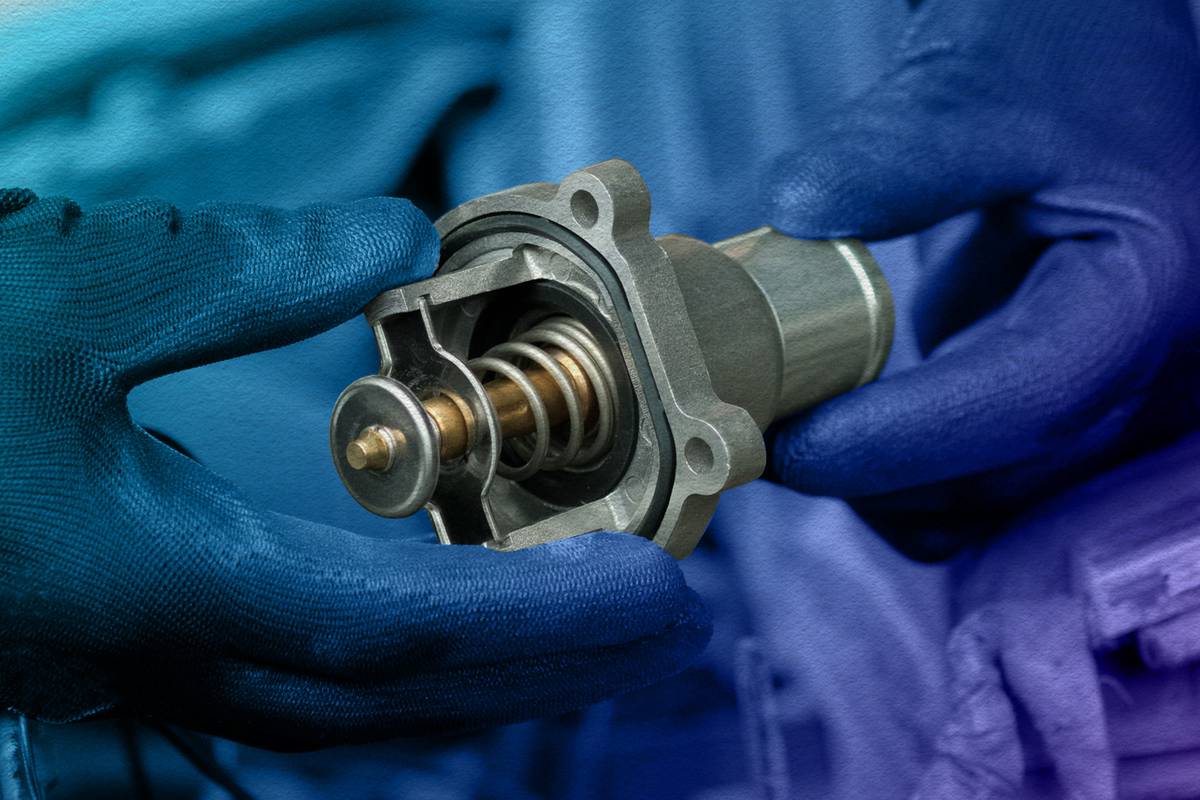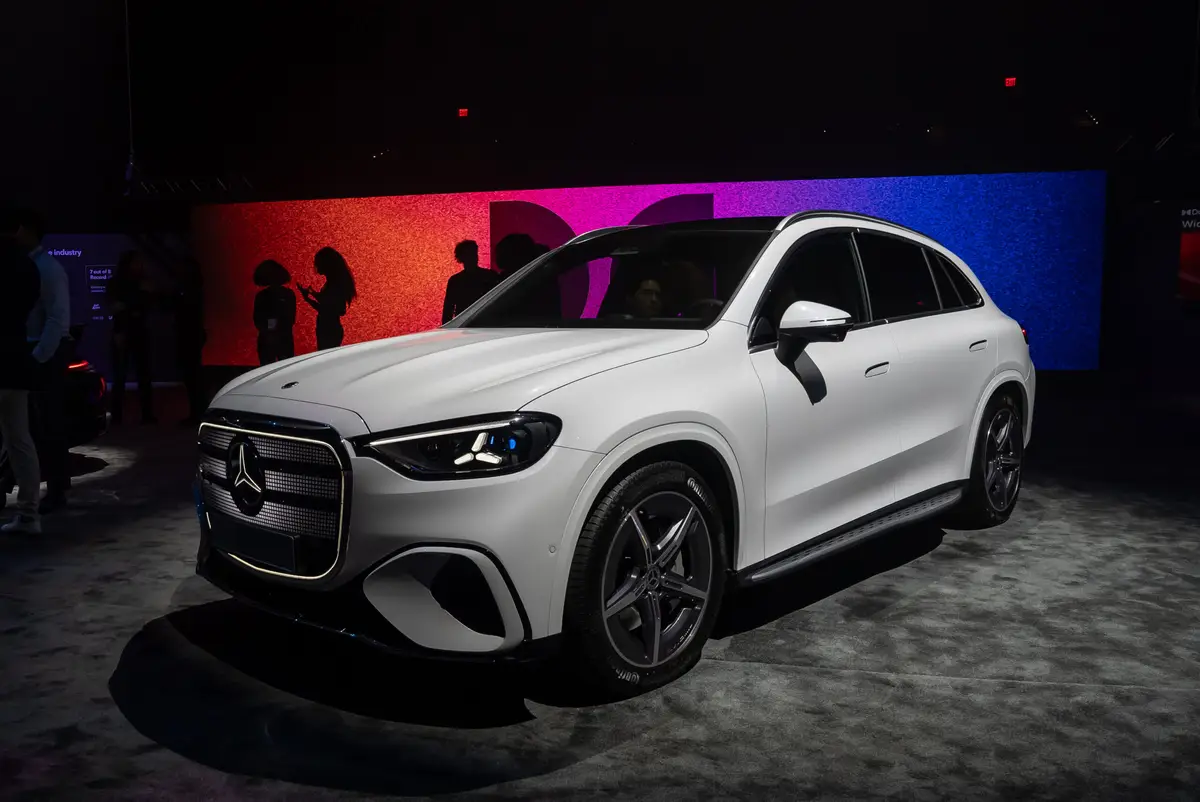washingtonpost.com's view
An undergraduate theology professor once advised me to avoid expressing love for inanimate objects. His argument was that non-living things, including those with motors and engines, lack souls. Things without souls are incapable of loving or being loved, he said.
I finished his course with a B-, mostly because I consumed inordinate amounts of time in papers and classroom discussions trying to prove him wrong.
That professor is long gone from the halls of Xavier University of Louisiana, as am I. But with your forbearance, dear reader, I wish to continue the argument.
Consider the turbo-diesel-powered, 2009 Volkswagen Jetta TDI sedan. I hereby stipulate that it is an inanimate object in the generic sense of the term, normally incapable of movement or direction without human input, worthless without fuel or battery. Yet, I submit to you that it is quite capable of engendering human affection akin to love.
I further submit that, because of the Jetta TDI’s remarkable performance and reliability, it is reasonable for the owner or driver of the car to assume that the affection felt for it is reciprocal — that the car, in fact, returns love to its human master.
That, of course, raises the question of “soul.” The argument here is that, although generically inanimate, the compact, front-wheel-drive Jetta TDI sedan is gifted with spirit.
“Soul” denotes the spirit in which someone lives, the manner in which something is done. It is “soul” that animates both the naturally animate and the seemingly inanimate. “Soul” is therefore transferable from the creator to that which is created, as that which is created reflects the spirit of its creator.
Look at the Jetta TDI. With its broad, chrome-lipped grille, the car seems to smile. It conveys warmth. Note the workmanship. The Jetta TDI’s laser-welded seams are tight, flawless. The car’s body is rigid, substantial. There is nothing heavy or cumbersome about it. Sit inside. Interior layout is simple and uncluttered. Even the sound system’s tonal adjustment knobs are sensible, easily grasped and turned knobs!
You fall in love with the Jetta TDI because you feel the love of the people who designed, engineered and built it. That feeling is enhanced in driving.
Too many cars with lots of torque — twisting power exerted on the drive wheels — and great acceleration are gas guzzlers. But that is not the case here.
My wife, Mary Anne, and I averaged 36 miles per gallon in the city and 42 miles per gallon on the highway. That’s as good, if not better, than many subcompact economy cars — without the boredom of economy car motoring.
And the 2009 Jetta TDI is a 50-state diesel, meaning that it is now approved for sale and use in California and in four other states — New York, New Hampshire, Maine and Massachusetts — that adhere to California’s super-strict, tailpipe emissions-control rules.
The downside is that the ultra-low sulfur diesel fuel required for the 2009 Jetta TDI is not cheap. Ultra-low sulfur diesel has a sulfur content at 15 parts per million versus nearly 500 parts per million for dirtier, traditional diesel fuel. In recent months, according to figures compiled by the American Petroleum Institute, the price of diesel fuels has been averaging 25 cents to 70 cents a gallon more than that of regular unleaded gasoline. The higher diesel prices usually apply to the ultra-low sulfur grade, which absolutely must be used in the vehicles for which that fuel is designated.
Still, none of that undermines my love for the Jetta TDI. The car is as fuel-efficient as many subcompacts and gas-electric hybrids. It looks better, feels, and is just hands-down more fun to drive than most of them. It is reasonably priced. What’s not to love about any of that?
ON WHEELS WITH WARREN BROWN Listen from noon to 1 p.m. Tuesdays on WMET World Radio (1160 AM) or http://www.wmet1160.com.
Latest news



